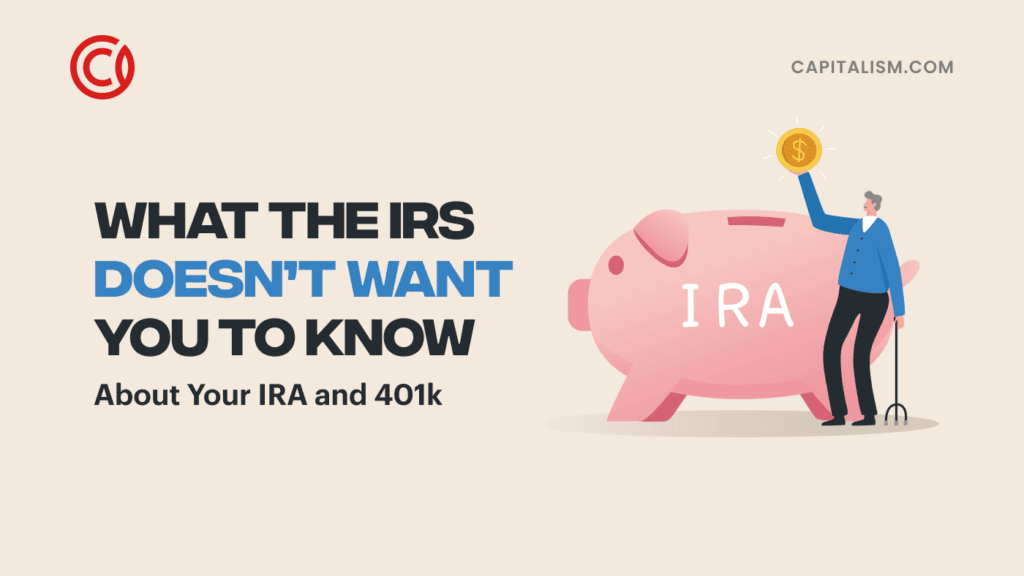If your upbringing was anything like mine, since you were in grade school you were told that you needed to go to college to get ahead in life but is college necessary?
This came as a bit of a shock to me the first time I heard it as neither my mother or my father have a college education, yet did quite well for themselves. Nonetheless, I heeded the call for higher education and graduated from a private university. And like so many others, I have student loan debt comparable to that of a home mortgage that I will be paying on for quite some time.
As for my degree, it would be disingenuous to say that my degree hasn’t helped me in my career. My income has almost doubled in the time since I graduated and in my line of work (bank compliance) most positions require at least a bachelor’s degree or higher.
But can I honestly say that college is necessary?
Are there not sufficient alternatives to higher education that would render my degree pointless to pursue, or even worthless?
Isn’t it true that you are likely to make a higher income with a college degree than without one?
According to Pew Research Center, someone with a bachelor’s degree is far less likely to live in poverty, less likely to be unemployed, and will on average out earn someone with only a high school diploma by about $17,500. And while the value of a high school diploma has remained rather low throughout the years, the value of holding a college degree continues to increase.
The average college graduate has a monthly student loan payment of $351, or $4,212 annually. That amount represents only about one-quarter of the difference the average college graduate will earn in income every year when compared to a high school graduate.
So, even when you include one’s student loan payment, the college graduate by far out-earns the high school graduate.
There you have it! Everyone should go to college right?
Hardly. In a recent article at startupcamp.com titled “4 Brilliant Reasons to not go to College”, the author, Dale Partridge, argues that what used to be true about college education is no longer true, and that “the notion that having a degree is the only road to success is one of the largest scams in U.S. history.”
Partridge continues saying that “college won’t teach you to be successful” and “success is about personal development, self-control, integrity, communication skills, relationships, a learner’s heart, and boat loads of uncontainable passion.”
Partridge continues in the article to say that manager mentality has changed over the years and that college education is not held in such high regard by hiring managers as it once was. But, it is his last point that has the most relevance in today’s society, that being, entrepreneurship as an alternative to college.
Despite the fact that most successful people would say that the only way to create real, long-lasting wealth for yourself is to be your boss and to take control of your future, entrepreneurialism is seldom encouraged throughout one’s childhood. It is more likely that a child entrepreneur would be stifled by local regulation for having the audacity to sell “illegal” lemonade without a permit.
Dale Partridge is right. A college degree won’t teach you how to be successful, rather, only validate that you have taken all the appropriate classes necessary for a specific skill set.
And I’m sure there are many who would even object to that definition of a college degree as well. The reality is, your college degree is only worth your ability to utilize it effectively in the marketplace. If there is no demand for your skill set, that is the market’s way of telling you that you need to learn a different skill.
The problem with college, specifically student loans, is that irrelevant of whether or not you can find work in the field you obtained your degree in, you still have to pay on those student loans.
Actually, one in four college graduates is currently working jobs that don’t match their degree major. It is safe to say as well that many of these individuals are underemployed as it pertains to the skill set their degree would otherwise demand.
The argument that college is necessary is also really just statistical trickery. While the average person with only a high school diploma may not earn as much as the average person with a college degree, the individual is not the “average” person now is he?
According to the Bureau of Labor Statistics, there are a plethora of high-paying jobs that one can qualify for with nothing more than a high school diploma, ranging from Gas plant operators, criminal investigators, and Boilermakers. Most of these are skilled jobs that require experience and on-the-job training that no college degree can provide.
There have also been unintended consequences over the last few decades of feeding children pro-college propaganda. While much of the focus on this past year’s election has been on bringing back manufacturing jobs to the U.S., there is a growing concern over a shortage of skilled labor across a multitude of industries.
Some, like economist Gad Levanon, believe that labor shortages will only increase in the next 15 years. This means that we can expect wage rates for skilled labor to increase over this time span, while impediments to hiring, like requiring a college degree, for example, will likely be loosened.
And what of the average business owner?
Despite the fact that seldom do college courses teach the basics of owning a business, just over half of business owners have a college degree. But this really shouldn’t be surprising.
First, we must clarify that most college degrees are irrelevant when it comes to the entrepreneur’s line of business as those business owners with college degrees usually have them in accounting, computer science or business administration. All of these degrees can be very helpful when owning a business, but hardly necessary.
Also, business owners tend to be, for lack of a better word, “doers” that want to be prepared for unexpected life events. And it wouldn’t be surprising to find out that many of these entrepreneurs didn’t aspire to own their own business until after they had already graduated from college.
I don’t regret going to college and getting a degree. And I certainly don’t intend for this article to persuade someone who is on edge debating whether or not they should go to college that they indeed shouldn’t obtain a degree.
No, the point of this article is to show that it is a lie to believe that you must go to college if you want to be successful.
Just because there are more unsuccessful people who don’t have a degree than vice versa, doesn’t mean that your route in life is predetermined by any means. One does not create wealth by simply purchasing a piece of paper that says “graduate” on it. Wealth is created by identifying a market need, and making an effort to fill the gap. However, that manifests itself is irrelevant.











